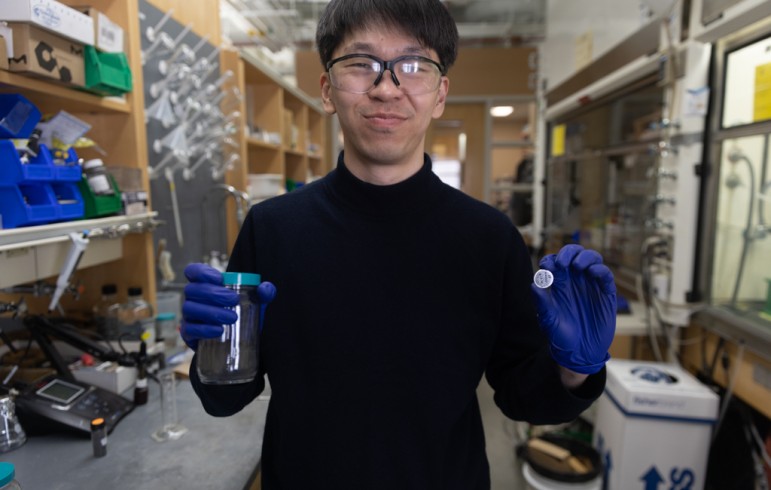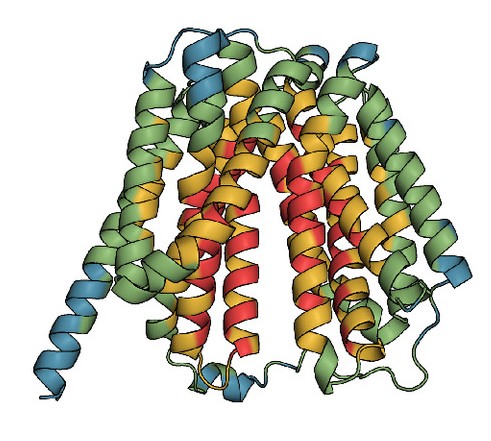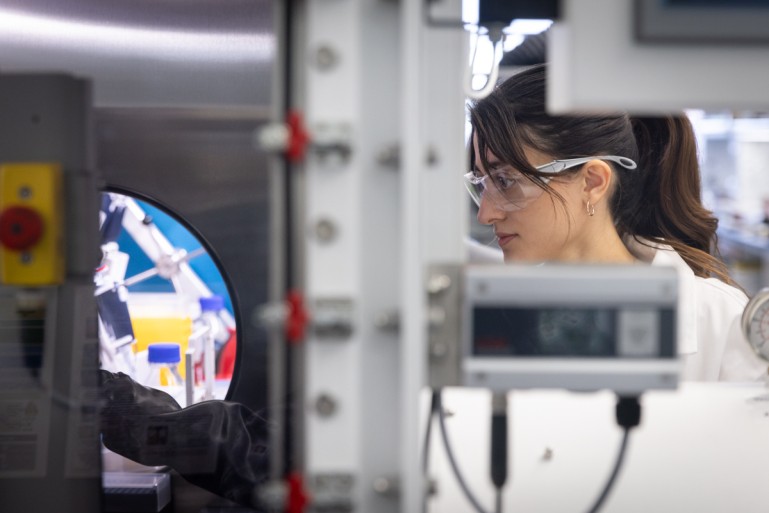Chippewa County is one of the nation’s first Biofuel Development Opportunity Zones, a designation signalling readiness for bio-based manufacturing. With the frac sand industry in retreat, the goal is to leverage the massive rail terminals left behind to capitalize on the county’s rich agricultural resources.
Renewable sources accounted for a record-high 10% of Wisconsin's electricity output in 2024 as a raft of new projects helped double solar energy output.
Fox, the Marvin J. Johnson Professor in Fermentation Biochemistry and chair of the biochemistry department, was among four faculty selected by their peers as winners of the 2025 Hilldale Award.
In a Final Four like no other, scientists from the Great Lakes Bioenergy Research Center met Tuesday in the Wisconsin Energy Institute to represent four tiny yet mighty bioenergy champions.
When it comes to providing affordable, reliable, and clean electricity — and empowering citizens to share the economic benefits — Wisconsin is failing.
Undergraduate researcher Raines Lucas applies his knowledge of statistics to environmental problems in the Gibbs and Edwards labs when he's not touring with his band, she's green.
UW–Madison scientists combined machine learning and automated testing to streamline the tedious process of finding the right green solvent for isolating valuable bioproducts.



